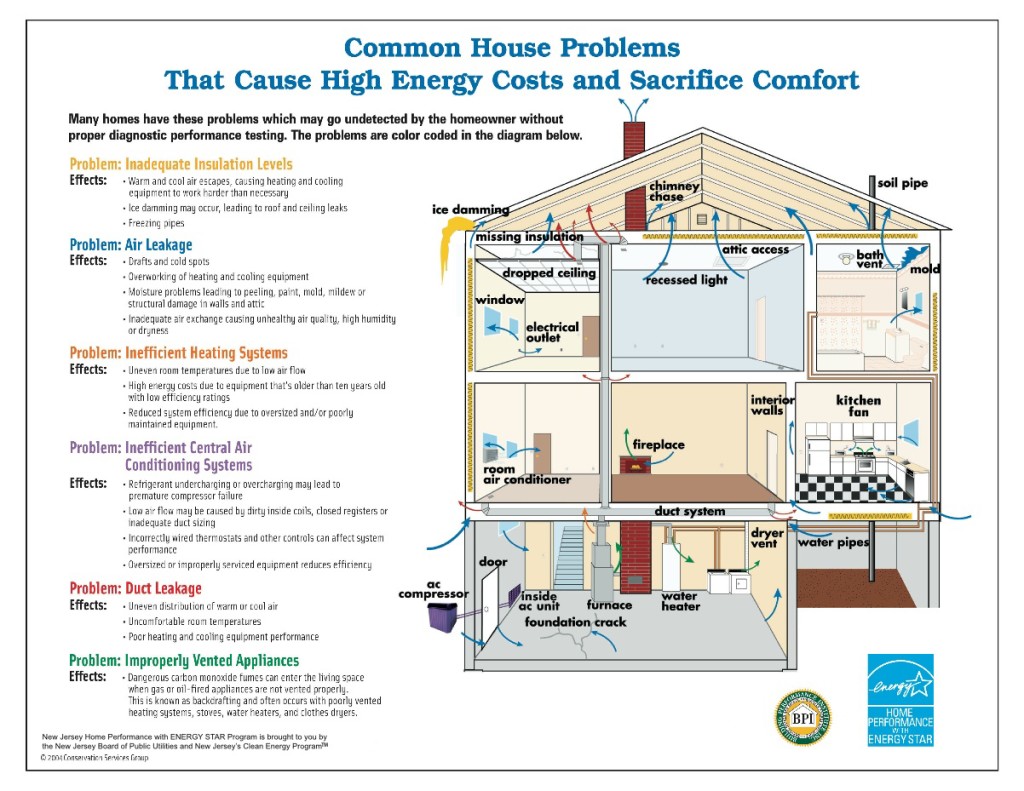Buzz Haven: Your Source for Trending Insights
Stay updated with the latest buzz in news, trends, and lifestyle.
Eco-Friendly or Wallet-Friendly: Why Not Both?
Discover how to save money while saving the planet! Explore eco-friendly tips that won't break your budget. Make the switch today!
5 Simple Ways to Go Green Without Breaking the Bank
Going green doesn't have to be an expensive endeavor. In fact, there are simple ways to go green that are budget-friendly and effective. Here are five practical tips to help you lead a more environmentally friendly lifestyle without straining your wallet:
- Embrace Energy Efficiency: Start by switching to LED light bulbs, which use up to 80% less energy than traditional bulbs. Additionally, unplug electronics when not in use to save energy and lower your electricity bill.
- Shop Smart: Choose to buy in bulk and purchase second-hand goods whenever possible. Thrift stores and online marketplaces often have valuable finds that are both inexpensive and sustainable.
- Reduce Water Waste: Simple changes like fixing leaks, installing low-flow showerheads, and taking shorter showers can significantly reduce your water usage without costing much.
- Grow Your Own Food: Start a small herb garden or grow vegetables in containers. This not only provides fresh produce but also reduces the carbon footprint associated with transporting food.
- Utilize Public Transportation: Whenever possible, opt for public transit, biking, or walking instead of driving. This approach reduces carbon emissions and can save you money on gas and parking.

Eco-Friendly Products That Actually Save You Money
Making the switch to eco-friendly products not only benefits the planet, but it can also significantly reduce your expenses over time. For instance, consider investing in reusable bags. Many stores offer discounts for customers who bring their own bags, which means you can save money every time you shop. Additionally, products like reusable water bottles and food containers eliminate the need for disposable alternatives, ultimately saving you money while cutting down on waste.
Another great example of how eco-friendly products can save you money is through energy-efficient appliances. By upgrading to energy-saving models, you can lower your electricity bills and potentially qualify for government rebates. Features like LED light bulbs and smart thermostats not only reduce energy consumption but also offer substantial savings on utility costs over time. With these eco-conscious choices, you can enjoy the dual benefits of protecting the environment while enhancing your financial health.
Can Sustainable Living be Affordable? Exploring the Myths and Realities
The idea that sustainable living is inherently expensive is a common myth that can deter many from pursuing an eco-friendly lifestyle. In reality, sustainable living can be both accessible and affordable. By making mindful choices—such as buying in bulk, growing your own vegetables, or utilizing public transportation—individuals can significantly reduce their living expenses while contributing positively to the environment. Simple lifestyle changes, such as using reusable bags or adopting energy-efficient appliances, can also lead to substantial savings over time.
While there are upfront costs associated with some sustainable practices, the long-term benefits often outweigh these initial investments. For instance, solar panels may require a significant initial investment but can lower electricity bills drastically in the long run. Furthermore, the growing availability of budget-friendly sustainable products illustrates that eco-conscious choices are becoming more affordable. By examining the actual costs and comparing them to their long-term savings, we can dispel the myth that sustainable living must be an unattainable luxury for many households.